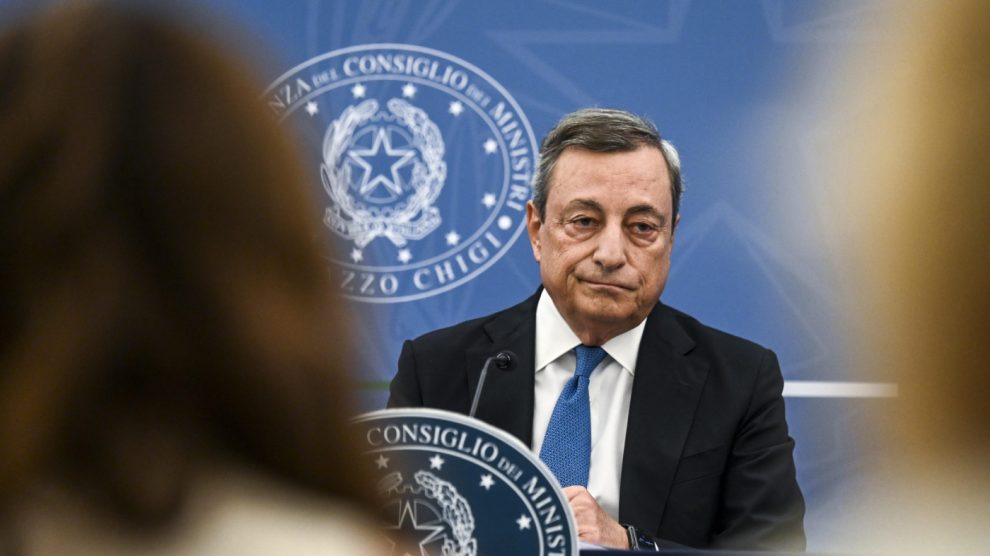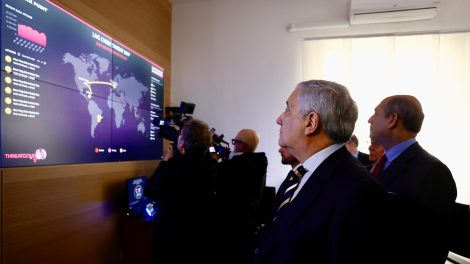Huaway. During its last meeting on September 28, the Council of Ministers applied its special powers “in the form of prescriptions” to the approval of the annual 5G plans for the year 2022, submitted by Tim and Vodafone. Il Sole 24 Ore was able to view the measures, described as the “gradual exit of Chinese vendor Huawei, in view of potential cybersecurity risks.”
It’s a big deal. Thanks to the CCP’s State subsidies, Chinese 5G equipment tends to be cheaper and thus more popular. However, over the past few years, Italy has been aligning itself with the Western countries that prioritise security over convenience. This is the clearest example yet; as Il Sole 24 Ore put it, a “significant swerve in the security of 5G computation.”
The breakdown: TIM. The company’s annual 5G rollout foresees installing only equipment from Swedish company Ericsson for its core network. For dedicated private networks, the company will field tech from Italy’s Athonet. For the “edge” of the network (Ran), the plan sees Ericsson at 53%, Finland’s Nokia at 27%, and Huawei at 20%.
- However, State-participated Tim – led by Pietro Labriola, who in April appointed Eugenio Santagata (Telsy’s CEO) as head of the Chief Public Affairs & Security Office – had already started a process of divestment from Huawei equipment.
- The plan foresees Ericsson rising to 70% and Nokia to 30%. This diversification toward European and US vendors is most likely why the outgoing government found the plan satisfactory.
The breakdown: Vodafone. The matter is more complex for the British group. On the core side, Ericsson and the US’ Juniper are both at about 40%, while Huawei and Nokia are at 10% each. As reported by Il Sole 24 Ore, the government took note of the company’s future infrastructure development outlook. This foresees Juniper at 41% and Nokia at 45%, leaving less than 15% to be allocated to as-of-yet unidentified vendors.
- The Ran section of Vodafone’s network is projected to adopt Huawei tech in Italy’s South and Centre and Nokia equipment in the North. This drive does not seem likely to change, even in light of the new contracts included in the annual plan.
The Western rebalance. Given Vodafone’s projected reliance on Chinese tech, the Council of Ministers set a condition. The operator must carry out a drastic rebalancing of non-EU providers in favour of European ones in the radio component of the network.
- This means an obligation to gradually replace the already-installed Chinese equipment with tech from EU companies once they reach the end of their useful life. According to the government’s engineers, this cannot be more than six years, noted Il Sole 24 Ore.
An ongoing trend. To Decode39’s knowledge, the government led by Mario Draghi had moved in the same direction – curbing the presence of Chinese suppliers (Huawei and ZTE) – during another meeting on July 28. Back then, they decided to exercise the special powers, “in the form of prescriptions,” on the annual plans of network operators Fastweb and WindTre.
- The latter belongs to the CK Hutchison Holdings group, a multinational corporation registered in the Cayman Islands and headquartered in Hong Kong.





